For those searching for true progress in Europe, it might be beneficial to go back to the Rule of the father of Western monasticism, says Benedict XVI.
Saint Benedict of Nursia
For those searching for true progress in Europe, it might be beneficial to go back to the Rule of the father of Western monasticism, says Benedict XVI.
Pope Paul VI proclaimed the saint the patron of Europe in 1964, an act the current Holy Father said “recognized the wonderful work accomplished by the saint through the Rule toward creating the civilization and culture of Europe.”
Benedict XVI said on his General Audience on April of 2008 that the same Rule, which helped provide the cultural and spiritual foundation of Europe, can also be a beacon for the future. “In the search for true progress, let us listen to the Rule of St. Benedict and see it as a guiding light for our journey. The great monk is still a true teacher in whose school we can learn the art of living a true humanism.”
The Emeritus Pope said “Europe — deeply wounded during the last century by two world wars and the collapse of great ideologies now revealed as tragic utopias” — is in the midst of an identity crisis.
Renewal
While acknowledging the need for political and economic institutions to create stability, the Holy Father said, “We also need to renew ethical and spiritual values that draw on the Christian roots of the Continent, otherwise we cannot construct a new Europe.”
The current Holy Father said that St. Benedict, who is also the patron of the papacy of Benedict XVI, “had a fundamental influence on the development of European civilization and culture.”
He continued: “In fact, the work of St. Benedict and his Rule in particular are bearers of a genuine spiritual turmoil, which changed the face of Europe over the centuries and whose effects were felt way beyond his time and the borders of his own country.
“Following the collapse of the political unity created by the Roman Empire, it revived a new spiritual and cultural unity — that of Christian faith, shared among the people of the Continent. This is how the Europe we know today was born.”
Prayer
The Pope said the main source of information regarding the father of Western monasticism can be found in the second book of the “Dialogues” written by St. Gregory the Great.
Benedict XVI said that St. Gregory “shows us how the life of St. Benedict was immersed in an atmosphere of prayer, the foundation of his existence.”
“Benedict’s spirituality was not cut off from reality,” continued the Pope Emeritus. “In the turmoil and confusion of the times, Benedict lived under the gaze of God.
“He never lost sight of the duties of everyday life and of man and his necessities. In seeing God he understood the reality of man and his mission.”
Benedict XVI also commented that the directives set out by St. Benedict are also applicable today. “In order to be capable of making responsible decisions,” the Pope said, quoting from the Rule, “the abbot must also be someone who listens to ‘the advice of his brothers,’ […] because ‘God often reveals the most apt solution to the youngest person.'”
“This attitude makes the Rule, written almost 15 centuries ago, very current! A man with public responsibility, even in small circles, must always be a man who knows how to listen and to learn from what he hears,” said Benedict XVI.
The Emeritus Pope said St. Benedict described the Rule as “minimal, just an initial outline.”
“In reality,” continued Benedict, “it offers useful advice not only to monks, but to anyone looking for guidance on the path to God. Through his capacity, his humanity, and his sober ability to discern between what is essential and what is secondary in the spiritual life, he is still a guiding light today.”


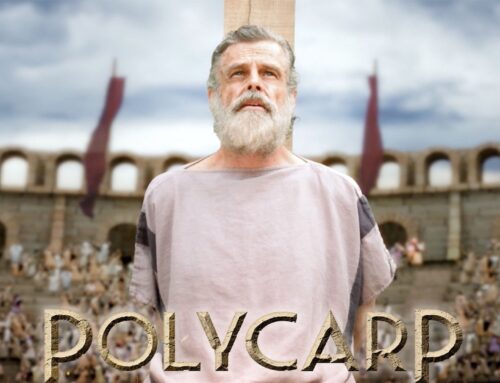
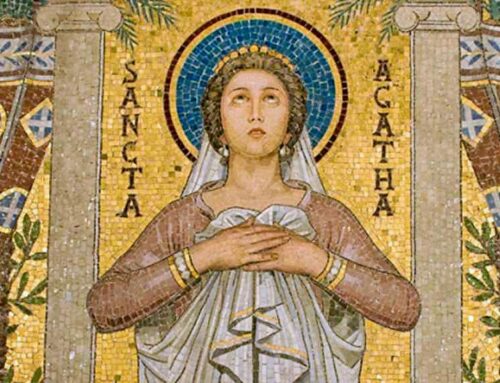
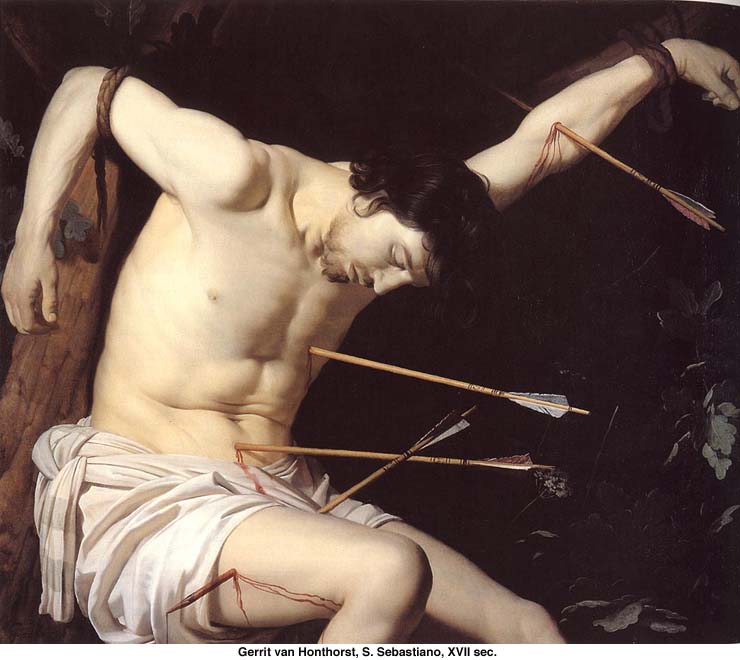
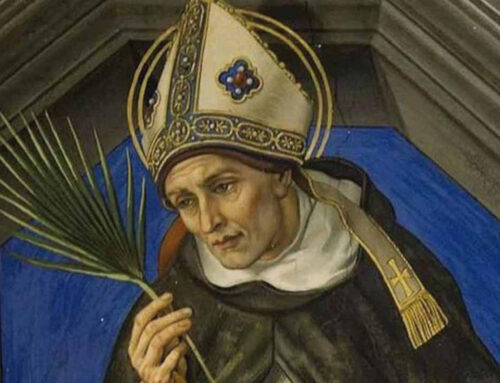
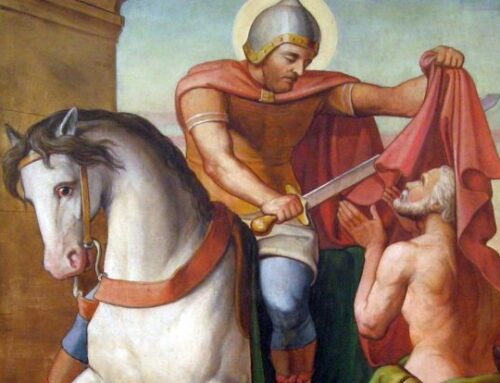
Leave A Comment
You must be logged in to post a comment.